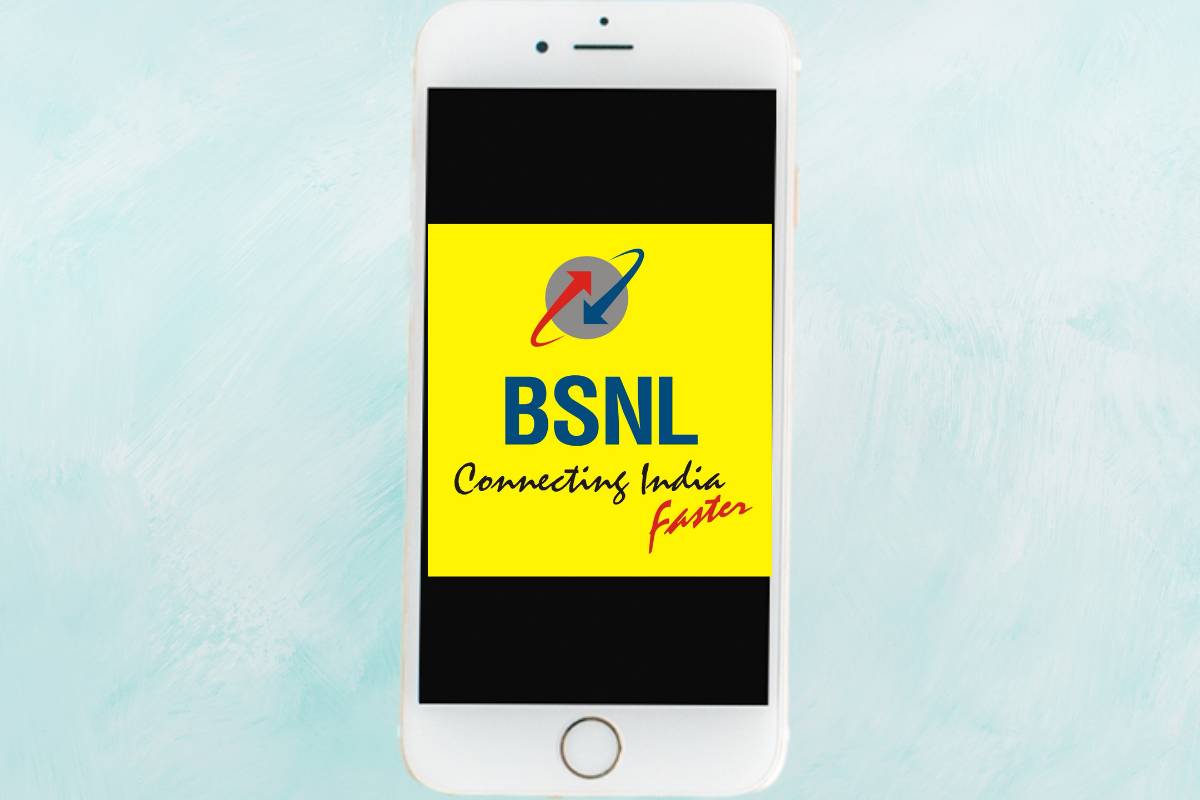Bharat Sanchar Nigam Limited (BSNL), the state-run telecom operator, has added 2.2 million FTTH (Fibre-to-the-Home) connections in the period between the years FY2015-16 and FY2022-23 (up to June 30, 2022). Devusinh Chauhan, Minister of State (MoS) for communications, in a written reply to the Rajya Sabha, said that BSNL’s FTTH connections saw an average year-on-year (YoY) growth rate of 71.65% over the last few years. BSNL is one of the most prominent broadband internet service providers (ISPs) in India after Reliance Jio’s – JioFiber, and Bharti Airtel’s - Airtel Xstream Fiber. The need for FTTH connections grew rapidly during the pandemic. Many new ISPs came into the scene and sailed through the high demand for FTTH services when people started working from their homes during the lockdowns and the pandemic. One reason why BSNL’s broadband business has been good is that it has reached many rural locations of the country where Airtel and Jio haven’t.
FTTH Broadband Services Should Grow Further, and so Should BSNL’s Broadband Business
The growth should continue because mobile networks in India aren’t the most reliable at the moment. Be it with any telecom operator in India; the 4G networks just aren’t enough to get everything you want out of your internet connection. For homes with multiple people, you need an FTTH connection because of the huge data limit fibre fixed-broadband plans come with and the kind of high speeds it enables for the users to browse the internet with. BSNL has been losing market share in the fixed-broadband space. This is because of the attention that Jio and Airtel are giving to the FTTH services. Both Airtel and Jio have made their FTTH services very lucrative by adding TV services as well. This is something that BSNL can’t do even if it wants to. Regardless, the growth of BSNL’s fibre broadband business has been good, and in the coming years, the fixed-broadband business is only going to grow if BSNL can push more capex.
